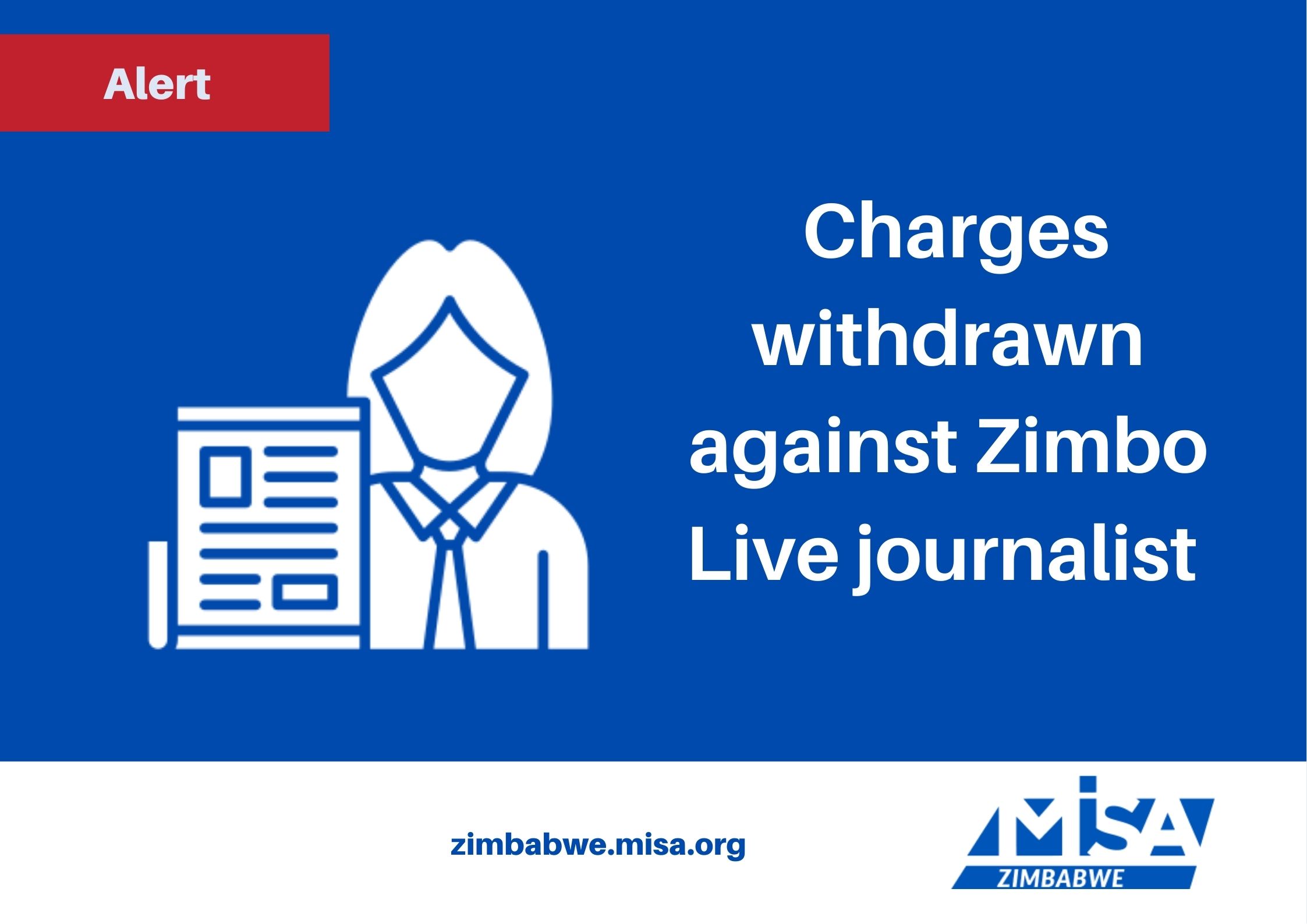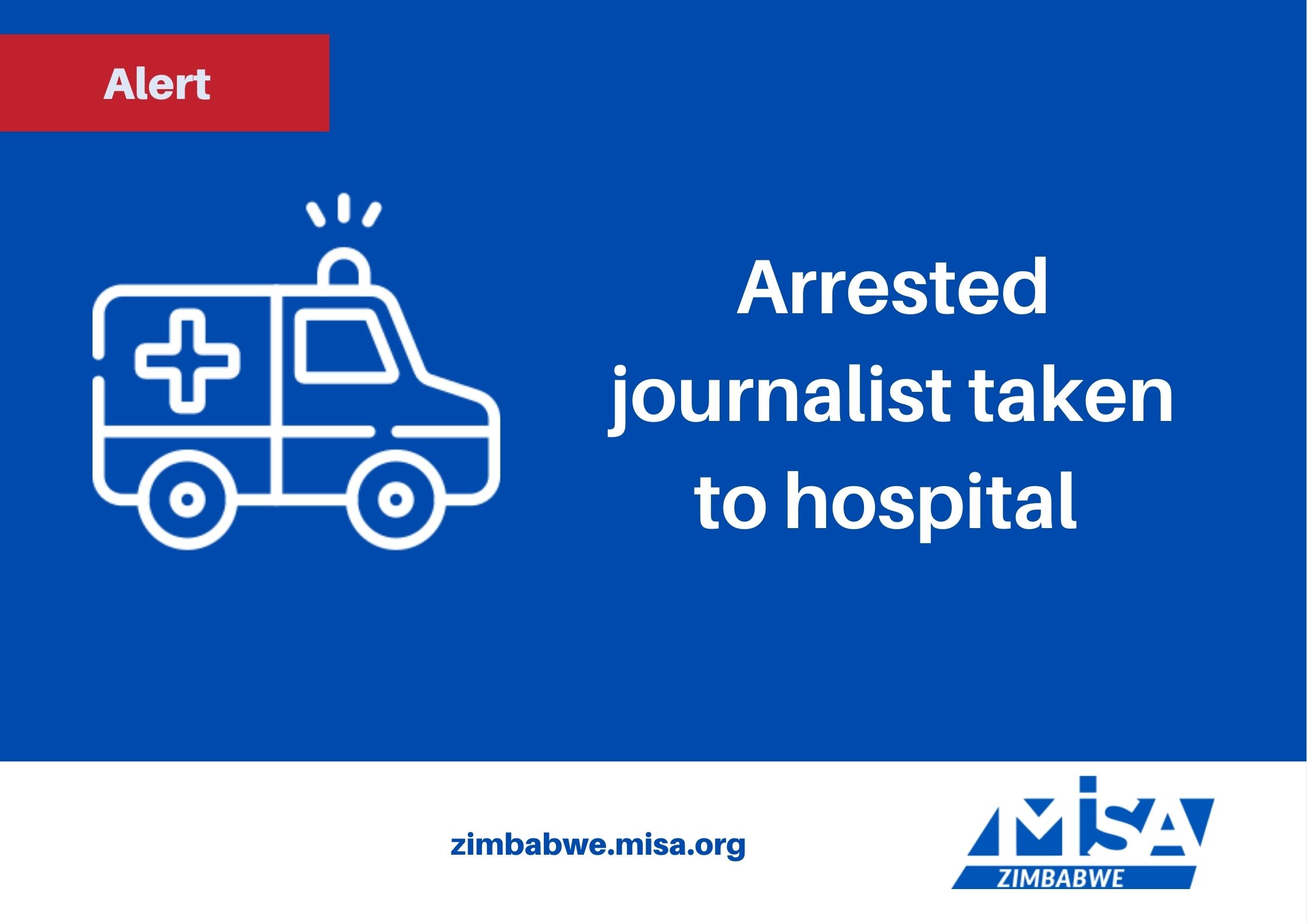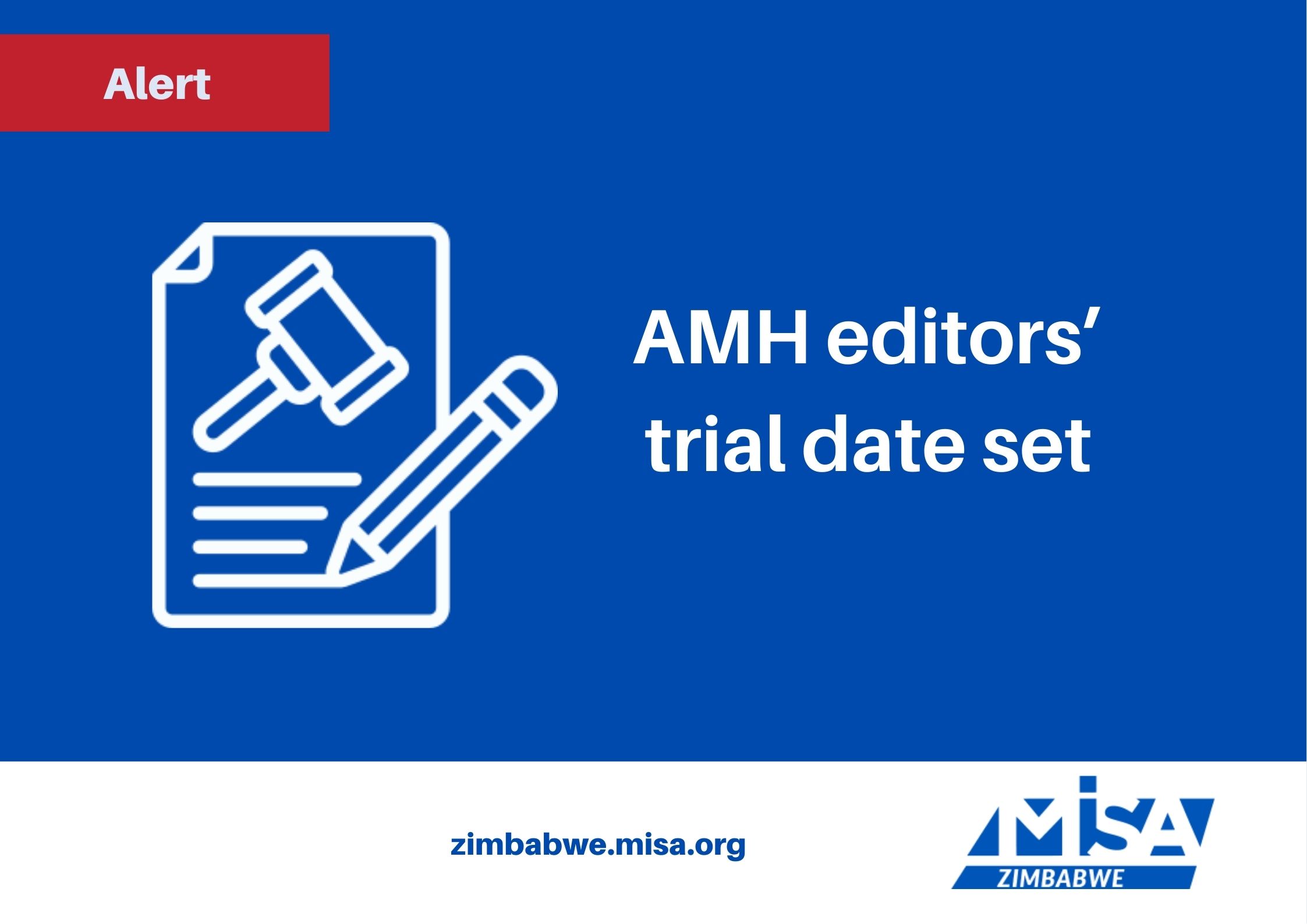There is a need to move beyond the mere adoption of imported AI (Artificial Intelligence) technologies by developing systems that enhance the representation of African languages, thereby extending the application of AI beyond traditional governance frameworks.
The call was made on 31 March 2025 by participants to the Pioneering New Approaches to AI Through Participation Webinar, convened by MISA Regional, Pollicy, Team Community, and Connected By Data, ahead of the inaugural Global AI Summit on Africa in Kigali, Rwanda on 3 – 4 April 2025.
The webinar was a crucial pre-summit event aimed at enhancing understanding and development of participatory methodologies within the African AI landscape.
Participants called for meaningful African involvement in AI governance at all levels, from grassroots initiatives to national policy formulation and global regulatory frameworks.
The webinar’s two aims were to comprehensively define the specific participatory needs and challenges associated with AI development and deployment in the African context.
Secondly, to establish a robust and interconnected community of experts capable of collectively formulating a shared vision for actionable policy recommendations.
The organisers aimed to ensure that future AI policies and practices throughout the continent are rooted in participatory principles, reflecting the varied perspectives and needs of African communities.
The webinar addressed three thematic areas related to participatory AI, specifically:
1. Participatory AI governance.
2. Participatory AI development.
3. Participation, power and resistance.
Presentations explored diverse strategies for ensuring a digitally inclusive ecosystem that resonates with the unique socio-cultural landscapes of African communities.
To illustrate these approaches, compelling country case studies from Namibia, Uganda, and Kenya were presented, offering tangible examples of both challenges and innovative solutions within the African AI context.
Discussions focused on fostering African-centred collaborations among various stakeholders and ensuring the development of AI tools that truly reflect local narratives, languages, and dialects.
The webinar provided a valuable platform for examining the challenges and opportunities of developing AI systems relevant to African contexts.
MISA Regional Communique













